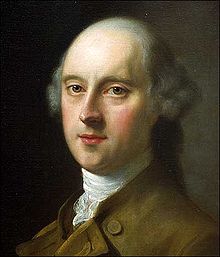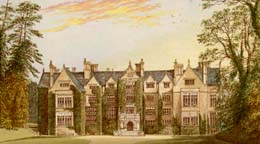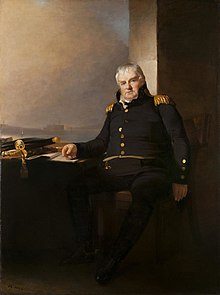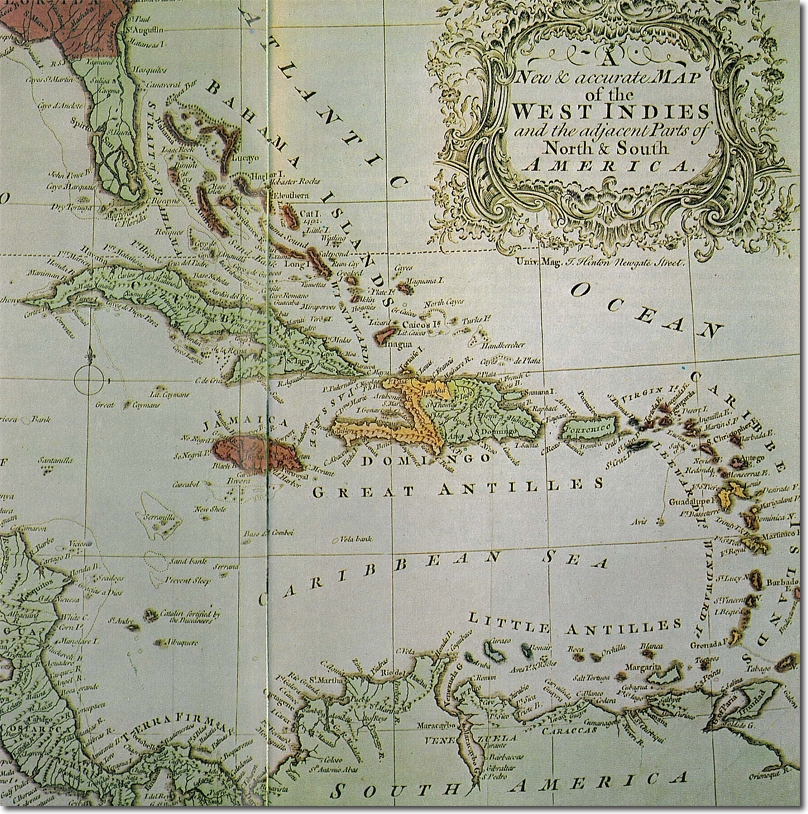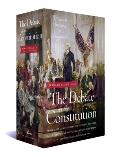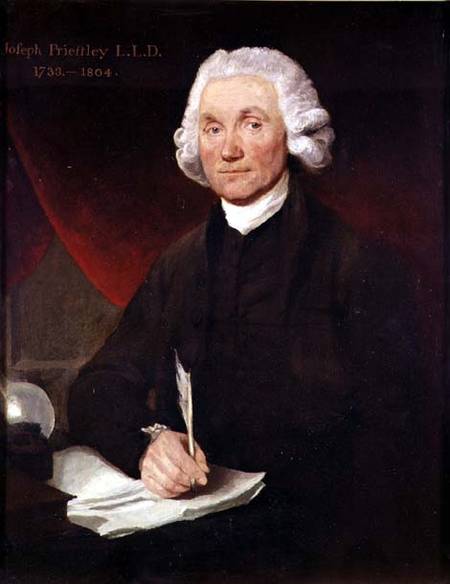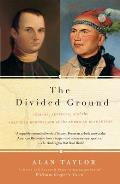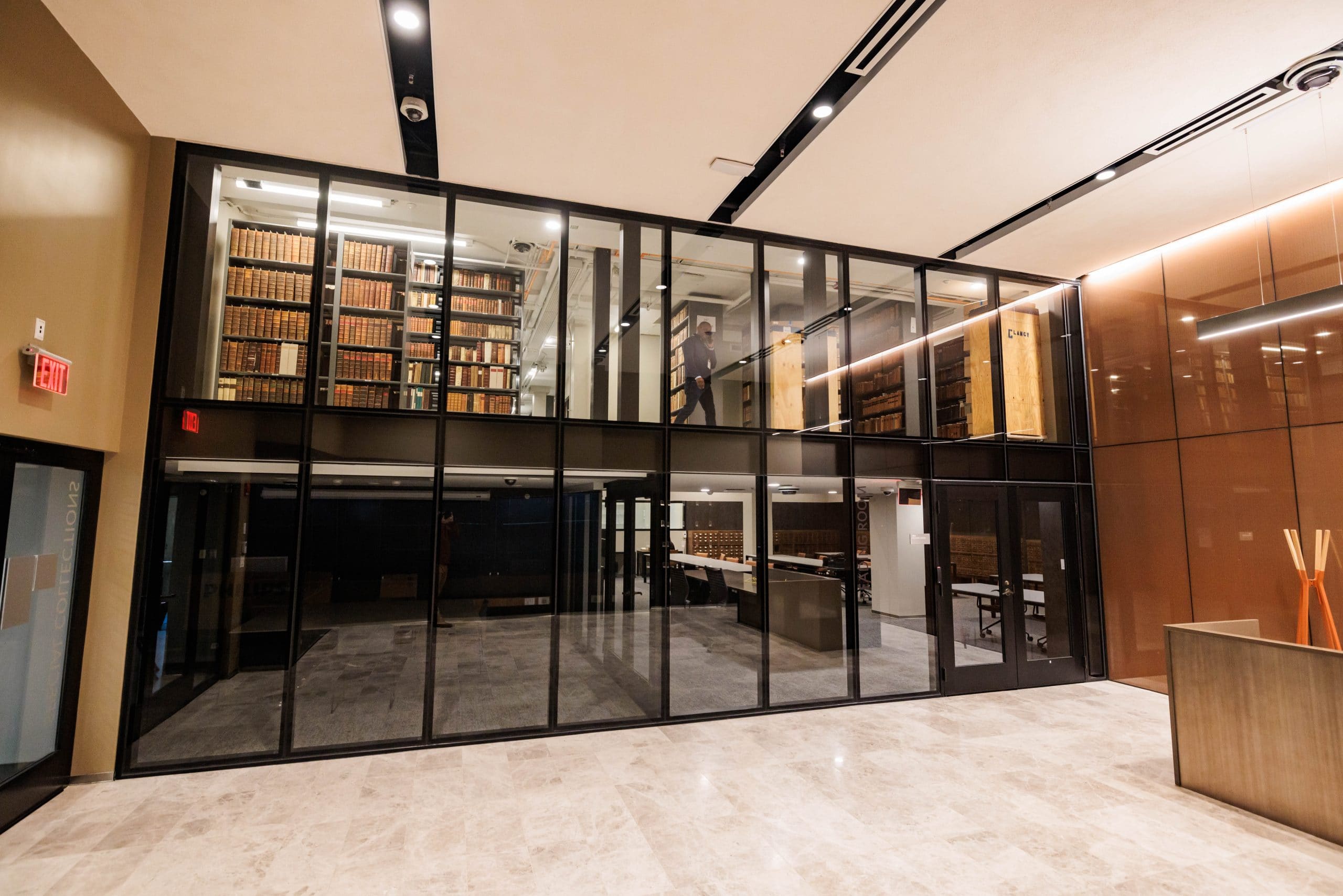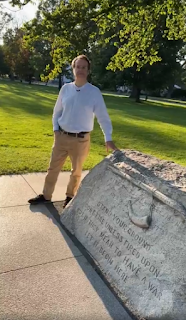“To support the Authority we have claimed over America”
He wasn’t the only man in those meetings with that problem, though. Lord North, Lord Dartmouth, and other royal officials were equally committed to what they believed.
Former Massachusetts governor Thomas Hutchinson kept track of Quincy’s activities in London. He wrote of the visiting attorney:
It seems his chief business was, to represent the Massachusets people to be engaged almost to a man, and so determined as that they would sooner die than submit, and particularly the two counties of Hampshire and Berkshire, which heretofore were the most loyal in the Province, to be now the most zealous and unanimous in opposition; and this, not from compulsion, but from conviction: and he added that the people were more enraged than otherwise they would have been, by the appointment of the most obnoxious persons for Members of the Council…In other words, the constitutional changes of the Massachusetts Government Act had prompted an uprising in the province, pushed not by mercantile malcontents in Boston but by ordinary farmers in the western counties driven by “conviction.”
That development had come as a pleasant surprise to the Boston Whigs. For once they weren’t trying to drag along the rest of the colony. Though the news Quincy brought gratified his political outlook, it was also accurate.
Indeed, Gen. Thomas Gage reported much the same situation to London after the first week of September. He warned of new appointees driven out of communities they had long dominated, of preparations for a military uprising, of virtually all of New England slipping out of Crown control.
And Lord North, Lord Dartmouth, and their colleagues didn’t believe it. They were certain their government had the legal and military resources to quell any problems. Dartmouth talked to Hutchinson about “an Act of Parlt. to suspend all the Militia laws of Mass. Bay.” By that time, Massachusetts towns had already started to reorganize their militia companies independent of royal authority. (And of course to collect cannon.) No “suspension” would have had any worthwhile effect.
In his polite, self-deprecating style, Lord North warned Quincy that his government was not going to back down:
His Lordship more than thrice spoke of the powers of Great Britain, of the determination to exert to the utmost in order to effect the submission of the Colonies. He said repeatedly We must try what we can do to support the Authority we have claimed over America, if we are defective in power we must set down contented and make the best terms we can, and nobody then can blame us after we have done our utmost; but till we have tryed what we can do we can never be justified in acceding; and we ought and shall be very carefull, not to judge a thing impossible, because it may be difficult, nay we ought to try what we can affect, before we determine upon its impracticability.Quincy had sailed to Britain hoping to effect a political reconciliation. All his mission accomplished was to show how the two sides were on a collision course.





